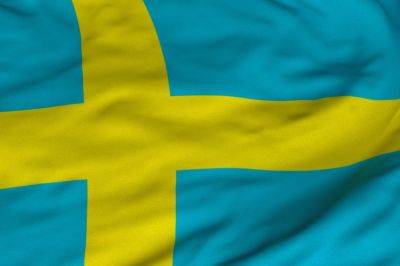Population (mln): 9,41
Official language/s: Swedish
Time zone: UTC+1 Winter, UTC+2 Summer
Internet TLD: .se
Calling code: +46
Member of the EU from: 1st January 1995
Unemployment rate Sep 2011 (%): 7,2
Unemployment rate under 25 years Sep 2011 (%): 22,4
Unemployment rate Sep 2012 (%): 7,8
Unemployment rate under 25 years Sep 2012 (%): 23,3
Population statistics 20-29 age group 2011 (%): 12,6
Country codes in education system: SE
Expected duration of education (years): 19,6
All
basic higher education is offered in the form of courses. There is scope for
individual choice but students may combine different courses into a degree
programme. Study programmes are divided into credits. One credit corresponds to
one week of full-time study. One year usually represents 40 credits. The
Diploma (Högskoleexamen) is awarded after the completion of at least 80 credits
(two years' full-time study). It is awarded by all universities and higher
education institutions.
The Bachelor's Degree (Kandidatexamen) is conferred after the completion of at least
120 credits (three years' full-time study). In the major subject, in-depth
studies of at least 60 credits (three terms) are required, including an independent
special project of at least 10 credits. Since 1 November 2001 there are two
types of Magistersexamen (Master of):
1)The Magisterexamen med ämnesdjup is awarded after the completion of at
least 160 credits (four years' full-time study). In the major subject, in-depth
studies of at least 80 credits (four terms) are required, including an
independent special project of at least 20 credits or two projects of at least
10 credits each. 2) The Magisterexamen med ämnesbredd requires at least 40
credits including an independent special project of at least 10 credits. The
Magisterexamen med ämnesbredd is awarded in addition to a degree of at least
120 points. Apart from the general academic degrees, there are some 60
professional degrees (Yrkesexamen) which vary in length between 40 and 220
points, depending on their character and field of study. They include the
degrees of Doctor of Medicine, Master of Science in Engineering or in
Agriculture, as well as the Bachelor of Education for the Compulsory School.
